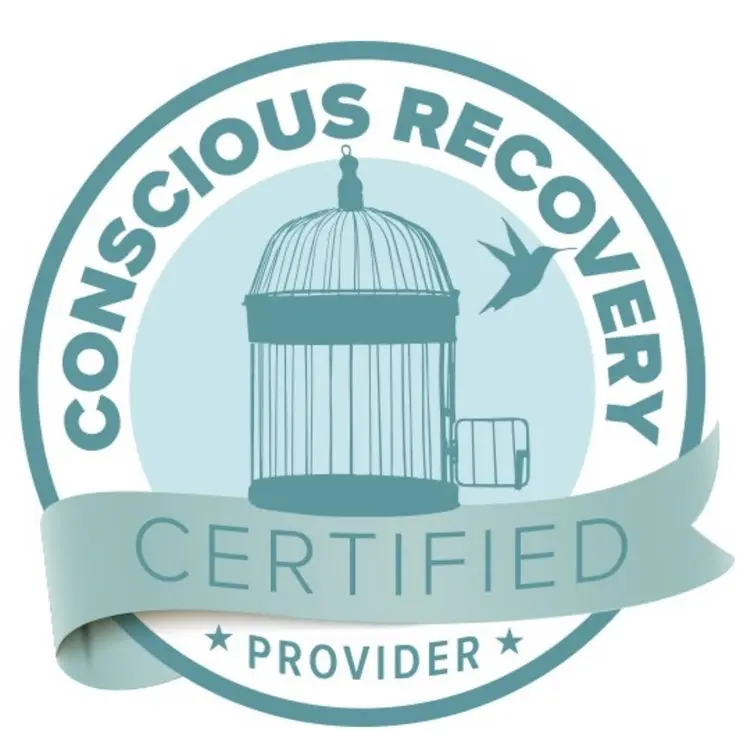If you’ve been wondering, “Why do I feel so unstable all the time?” or struggling to understand intense mood swings that seem to control your life, you’re not alone. For many women, these experiences may signal bipolar disorder—a treatable mental health condition that affects approximately 2.8% of adults, with recent research showing women are increasingly diagnosed more frequently than men.
At Monima Wellness Center in San Diego, we understand that bipolar disorder treatment for women requires a comprehensive, trauma-informed approach that honors the unique ways this condition affects women’s lives, relationships, and overall well-being.
Understanding Bipolar Disorder in Women

Bipolar disorder is a mental health condition characterized by dramatic shifts in mood, energy, and behavior. However, research shows that women experience bipolar disorder differently from men, often presenting unique challenges that require specialized understanding and treatment approaches.
Early Signs of Bipolar Disorder in Women
Women often experience bipolar disorder symptoms that can be initially mistaken for other conditions. Early warning signs may include:
- Intense mood episodes that feel far beyond normal emotional ups and downs
- Depressive episodes that predominate over manic symptoms (more common in women)
- Mixed episodes combining both elevated and depressed moods simultaneously
- Rapid cycling between mood states may occur more frequently in women
- Seasonal patterns with symptoms often intensifying during spring and fall months
Many women first seek help during depressive episodes, which can lead to misdiagnosis as unipolar depression. This is why a comprehensive neuropsychological assessment and specialized care are crucial for accurate diagnosis and effective treatment. At Monima Wellness, all clients begin treatment with a neuropsychological assessment, which is more comprehensive than those typically offered at most general treatment centers. This allows women to have a true understanding of their diagnoses and symptoms, leading to a more accurate treatment plan.
If you or a loved one is struggling with mood swings or depression, contact our admissions team today to learn more about our approach to bipolar disorder diagnosis and treatment. We’ll verify your insurance and take care of the details so you can focus on what matters most– healing.
Bipolar Symptoms vs. Normal Mood Swings
Understanding the difference between bipolar episodes and typical mood fluctuations is essential. While everyone experiences mood changes, bipolar episodes are characterized by:
- Duration: Episodes last for days, weeks, or months rather than hours
- Intensity: Mood changes are extreme and significantly impact daily functioning
- Impairment: Symptoms interfere with work, relationships, and personal care
- Distinct periods: Clear episodes of mania/hypomania and depression with stable periods between
What Does a Bipolar Episode Feel Like?

Living with bipolar disorder as a woman means navigating intense emotional experiences that can feel overwhelming and confusing.
Manic Episodes
During manic episodes, women may experience:
- Elevated or irritable mood lasting at least a week
- Decreased need for sleep while maintaining high energy
- Racing thoughts and rapid speech
- Impulsive decision-making and risky behaviors
- Inflated self-esteem or grandiose thinking
- Increased goal-directed activity
Depressive Episodes
Depressive episodes, which are more common in women with bipolar disorder, include:
- Persistent sadness, hopelessness, or emptiness
- Loss of interest in previously enjoyed activities
- Significant fatigue and decreased energy
- Difficulty concentrating and making decisions
- Changes in appetite and sleep patterns
- Feelings of worthlessness or excessive guilt
Comprehensive Treatment Approaches at Monima Wellness

Our women-centered approach to bipolar disorder treatment recognizes that effective care must address the whole person—mind, body, and spirit. Through our Intensive Outpatient Program (IOP) and Partial Hospitalization Program (PHP), we provide multiple levels of care tailored to each woman’s unique needs.
Evidence-Based Therapies
Our mental health programs for bipolar disorder incorporate proven therapeutic approaches:
Dialectical Behavior Therapy (DBT): Essential for developing emotional regulation skills, distress tolerance, and interpersonal effectiveness—crucial tools for managing bipolar symptoms.
Cognitive Behavioral Therapy (CBT): Helps identify and modify thought patterns that contribute to mood episodes while developing practical coping strategies.
EMDR Therapy: Particularly beneficial when trauma underlies or complicates bipolar disorder, helping process experiences that may trigger mood episodes.
Alternative Therapies for Bipolar Disorder
Our holistic approach integrates innovative modalities that complement traditional therapy:
Trauma-Informed Yoga: Helps regulate the nervous system and reconnect with the body in a healing way, particularly beneficial for managing mood instability.
Acupuncture and Traditional Chinese Medicine: Support overall wellness and can help stabilize mood through nervous system regulation.
Breathwork: Provides immediate tools for managing anxiety and emotional intensity often experienced with bipolar episodes.
Equine Therapy: Our mind-body-spirit healing approach includes therapeutic interactions with horses, providing immediate feedback for emotional regulation and helping women develop authentic communication and healthy boundaries.
Addressing Co-Occurring Conditions
Many women experience bipolar disorder alongside other challenges such as anxiety, trauma, or substance use. Our integrated approach to women’s rehab for bipolar and addiction ensures that all aspects of your mental health are addressed simultaneously, recognizing how these conditions often interconnect and influence each other.
Creating Your Path to Stability
Recovery from bipolar disorder is absolutely possible with the right support and treatment approach. At Monima Wellness, we begin each woman’s journey with comprehensive neuropsychological testing to ensure accurate diagnosis and personalized treatment planning.
Our gender-specific environment provides a safe space where women can address the unique challenges of living with bipolar disorder, from relationship impacts to hormonal influences, without judgment or pressure to conform to societal expectations.
Building Long-Term Wellness
Effective bipolar disorder treatment extends beyond symptom management to include:
- Developing personalized mood management strategies
- Building healthy relationships and communication skills
- Creating sustainable self-care practices
- Establishing strong support networks
- Learning to recognize and prevent episode triggers
Take the First Step Toward Healing

If you recognize yourself in these descriptions or have been struggling with unexplained mood instability, professional support can provide the answers and tools you need. Bipolar disorder is highly treatable, and with specialized care, many women go on to live fulfilling, stable lives.
At Monima Wellness Center, our expert female clinicians understand the complexities of bipolar disorder in women and provide compassionate, effective treatment in a supportive environment designed specifically for women’s unique needs.
Ready to reclaim stability in your life? Contact us today at (858) 500-1542 or visit our get started page to begin your journey toward lasting wellness and recovery.
References
- National Institute of Mental Health. (2017). Bipolar Disorder Statistics. U.S. Department of Health and Human Services, National Institutes of Health. Available at: https://www.nimh.nih.gov/health/statistics/bipolar-disorder
- Bartoli, F., Callovini, T., Cavaleri, D., Cioni, R.M., Riboldi, I., Bava, M., Castagna, G., Giobbio, G.M., Napo, A., Ketter, T.A., & Carrà, G. (2021). Has Bipolar Disorder become a predominantly female gender related condition? Analysis of recently published large sample studies. International Journal of Bipolar Disorders, 9(1), 3. https://doi.org/10.1186/s40345-020-00207-z
- Depression and Bipolar Support Alliance. (2019). Bipolar Disorder Statistics. Available at: https://www.dbsalliance.org/education/bipolar-disorder/bipolar-disorder-statistics/
- Diflorio, A., & Jones, I. (2010). Is sex important? Gender differences in bipolar disorder. International Review of Psychiatry, 22(5), 437-452. Available at: https://www.ncbi.nlm.nih.gov/pmc/articles/PMC3107596/



